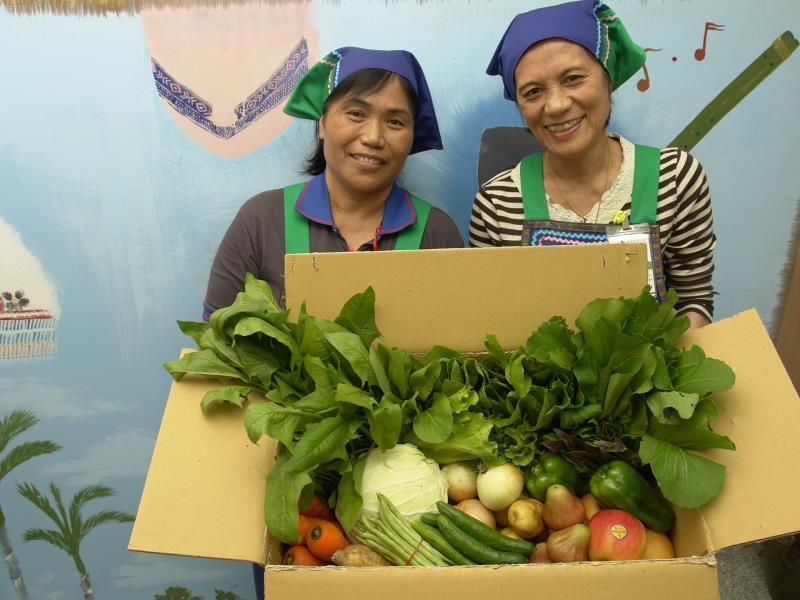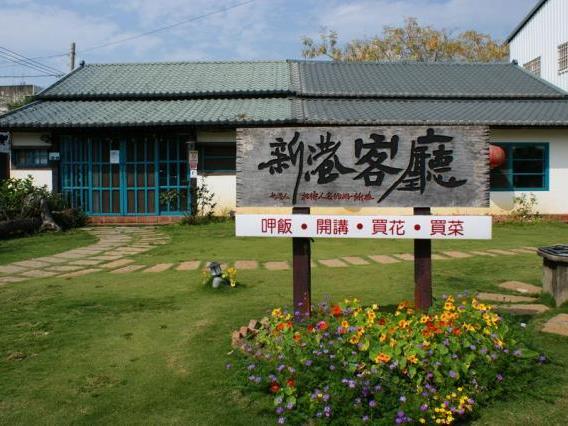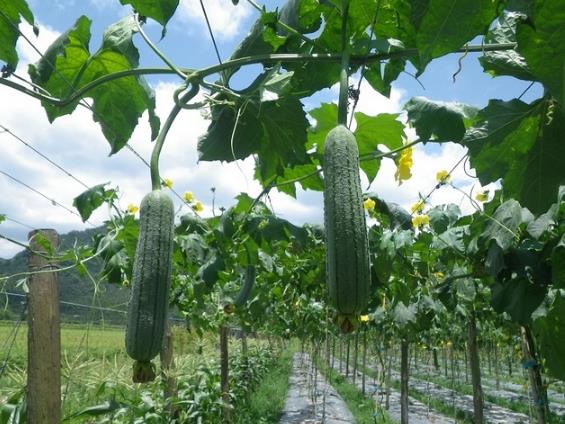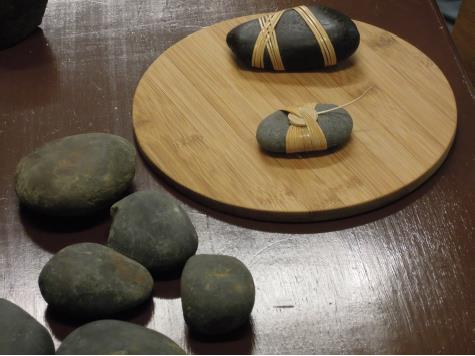Culture
Culture
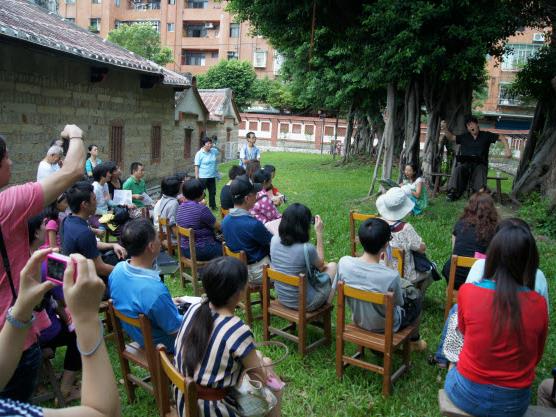
The Historical Lee Family Estate: A Cultural and Industrial Innovation Program of Historic Site Revitalization
Background: The Established Historic Preservation Foundation Guards the Historical Lee Family Estate
Initially built in 1857, The Historical Lee Family Estate was the first privately-owned national heritage in Taiwan. In 1985, Ministry of Interior officially announced it as a Tier Three National Heritage. In 1999, the Lee family invited scholars to establish Taipei Luzhou Lee Family House Historic Preservation Foundation, responsible for maintaining and managing this historic site; founded by General Lee You-Bang’s widow, Ms. Lee Yen Hsiu Feng, it was also the first nonprofit organization established to maintain and manage one sole historic site in the country. In 2006, “The Historical Lee Family Estate Park and Lee You Bang Memorial Gallery” was officially opened.
Newly Development Under Government Funding: A Model of Reuse and Revitalization of Historical Site
Since its participation in the “Multiple Employment Promotion Program (MEPP)” in 2008, the foundation has revitalized this private historic site with the support of maintenance and management personnel and professional assistance, and has brought new life into the old house. At the moment, the Lee Family Estate already reached a steady growth, which enables it to successfully preserve the cultural asset while creating new values for this cultural environment. Besides, under the efforts and assistances of MEPP’s counseling instructors and partners, Lee Family Estate gradually turns into an operation model of private historic sites, and targets at becoming a cultural landmark in the great Taipei area.
The foundation also shows an enthusiasm for enhancing social impact, for example: Transforming this historic estate into an environmental education center providing free historic site tours; holding training for students of the Luzhou Junior High School History Research Club to become tour guides; promoting citizen reporter training for college youths, empowering the community through living arts education, and building culture into the living environment.
In terms of cultural revitalization, the foundation combined Lee family’s precepts of“farming, studying, medicine, patriotism and historic preservation” with the traditional architecture to provide dynamic services through parts of this historic site, such as the Farming and Studying Courtyard (Geng Du Da Cheng Yuan), Wai Han Lecture Room and Ju Ren Tea House. In this way, the traditional etiquettes and rituals within the heritage has brought culture alive in modern day life, for example holding ancient etiquettes: babies’ grabbing ceremony (Zhua Zhou) and four-month celebration (Shou Xian), and the Confucian Classics reading in Hokkien.
Above efforts of the foundation targets on refining cultural activities, systemizing operation procedures, developing products and branding, in order to build a sustainable model for the Lee family Estate to become a social enterprise. All in all, the Lee Family Estate is not only a culture space where one can immerse in historic atmosphere, but also a good example of how public interest, such as culture and education, can be the core of managing this site.

This work is licensed under a Creative Commons Attribution-NoDerivatives 4.0 International License.
Please attribute this article to “Workforce Development Agency, Ministry Of Labor”.

